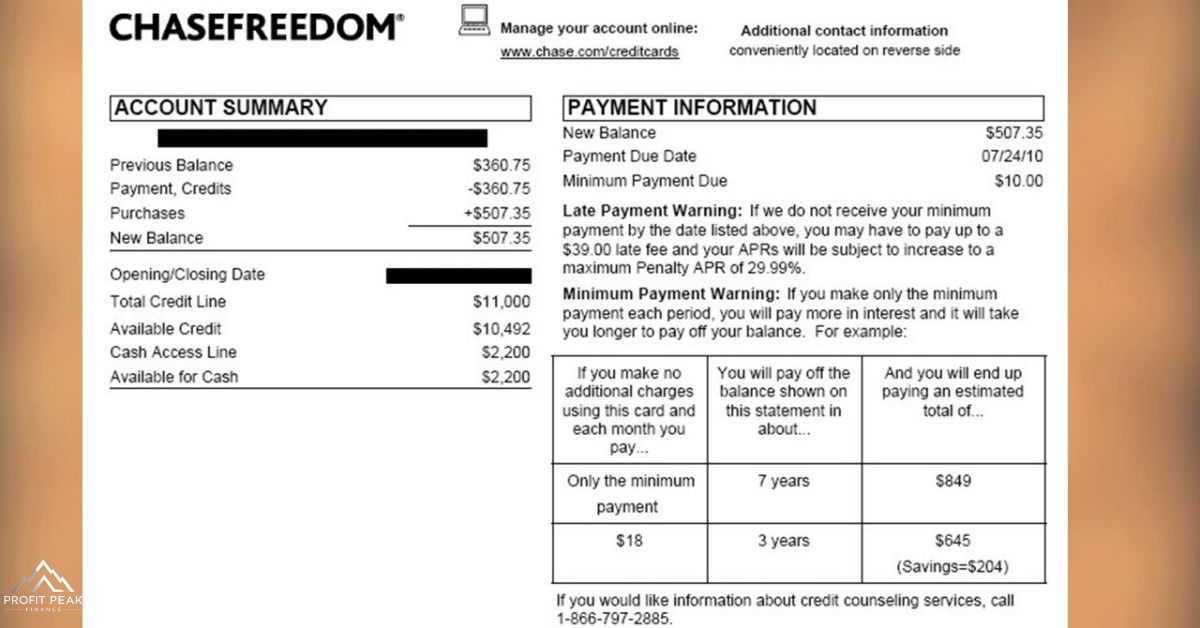Have you ever ever meticulously long past over your credit score card assertion, simplest to be at a loss for words with the aid of the cryptic abbreviation “TST*”? you’re simply not on my own! Many purchasers locate themselves scratching their heads whilst this abbreviation pops up amongst their charges. in this comprehensive guide, we’ll demystify what “TST*” indicates in your credit score card statement, empowering you to apprehend these costs and display your finances with whole readability.
However, earlier than we dive deep into interpreting “TST ” it is critical to comprehend why unraveling the meanings behind abbreviations like these topics particularly inside the realm of credit score card transactions and payment processing. Staying vigilant and comprehending every line object in your statement is an amazing safeguard against fraudulent pastime and billing mistakes. It additionally guarantees you preserve a firm draw close on recurring expenses, results easily spotting merchant names at a glance.
Permit me to share a cautionary tale that underscores the importance of scrutinizing statement abbreviations. A close buddy, permit’s call her Sarah, had diligently reviewed her credit card declaration each month. One day, she observed a weird price classified “TST” from an unusual merchant. Trusting her instincts, Sarah promptly contacted her credit score card company to dispute the price. It turned out to be an unauthorized transaction, and her vigilance protected her from monetary loss.
Why Knowing Credit Card Abbreviations is Crucial
Beyond safeguarding against fraud, understanding abbreviations like “TST*” offers several benefits:
- Staying on pinnacle of recurring expenses: Many merchants, in particular the ones offering subscription offerings or unfastened trials, use abbreviations like “TST*” for initial customer transactions.Recognizing those codes permits you to music whilst trials expire or subscriptions renew, fending off unintentional prices.
- Immediate merchant recognition:Decoding merchant abbreviations ensures you may quickly identify the supply of each rate, even supposing the overall commercial enterprise call isn’t always displayed.
- Tracking Billing Accuracy: With a company drawing close to unusual abbreviations, you could without difficulty cross-reference fees in opposition to receipts or invoices, catching any discrepancies right away.
Now, let’s delve into the heart of the matter – unveiling the enigma behind “TST*” on your credit card statement.
Read This: WDROYO INSURANCE
Unveiling the Mystery of “TST*”

What Does “TST*” Stand For?
The abbreviation “TST*” typically stands for either Temporary Service Transaction or “Temporary Subscription Transaction. It’s a code used by merchants and payment processors to denote initial charges for trial subscriptions, one-time fees with future billing, or other temporary transactions.
Common Merchants Using “TST*”
A wide array of businesses leverage “TST*” charges, but some of the most prevalent examples include:
- Streaming Services: Companies like Netflix, Hulu, and Disney+ frequently use “TST*” for new subscriber sign-ups during promotional trials.
- Software Trials: Antivirus programs, productivity suites, and various software offerings often appear as “TST*” charges when you initiate a free trial.
- News Subscriptions: Major publications like The New York Times and The Wall Street Journal may show up as “TST*” for introductory offers.
The rationale behind using temporary charges like “TST*” is twofold: it allows merchants to securely verify your credit/debit card or mobile wallet details, and it establishes a payment record for future billing if you continue with the service after the trial period.
How to Identify “TST*” Charges
While “TST*” can seem vague on its own, a few key indicators can help you pinpoint the merchant:
- Preceding or Following Full Name: Most statements will display the full merchant name immediately before or after the “TST*” code, such as “NETFLIX.COM TST*”.
- Small Trial Amounts: “TST*” charges commonly show up as very small amounts, like $0.00 or $1.00, since they’re merely verifying your payment method for the actual subscription cost.
- Visual Examples: Here’s a real statement image highlighting a “TST*” charge:
In this example from a major bank, you can clearly see “TST*HULU.COM” followed by a $0.00 amount, indicating Hulu’s temporary transaction to authorize a new account.
With these pointers, you’ll be better equipped to pinpoint “TST*” charges and understands their purpose in your statement.
Preventing Unwanted “TST*” Charges
While “TST*” is a legitimate abbreviation, unauthorized or unintended charges can still occur. To prevent falling victim to misleading “TST*” subscriptions, exercise caution with the following practices:
Read the Fine Print Carefully
Before providing your payment details, meticulously review the terms and conditions. Look for clear language specifying whether you’re signing up for a free trial that will automatically convert to a paid subscription. If the fine print is ambiguous or seems to bury the renewal policy, it’s best to err on the side of caution.
Mark Renewal Dates on Your Calendar
When you do opt for a legitimate free trial, be proactive by noting the expiration date and setting a calendar reminder. This simple step ensures you can decisively cancel or continue the subscription before any unwanted charges are incurred.
Use Virtual Credit Card Numbers
Many major financial institutions now offer virtual credit card numbers – unique, temporary numbers linked to your main account. Using these for free trials provides an extra layer of protection, as you can seamlessly deactivate each virtual number after the trial ends, preventing any further charges.
By exercising vigilance during sign-up and tracking your commitments, you can reap the benefits of “TST*” free trials while avoiding any unpleasant surprises in your statement.
Read Also This: FINTECHZOOM GM STOCK FORECAST: FUTURE MILLIONAIRES?
Dealing with Fraudulent “TST*” Charges

In the unfortunate event that you do encounter unauthorized “TST*” charges on your statement, it’s crucial to act swiftly:
- Contact Your Credit Card Company: Immediately reach out to the credit card issuer and initiate a dispute process for any fraudulent charges, providing all relevant details and documentation.
- Request a New Card Number: Depending on the circumstance, your issuer may recommend canceling your current card and issuing a new one with a different number to prevent further unauthorized access.
- Set Up Transaction Alerts: Many banks offer real-time alerts for suspicious activity or charges exceeding a specified threshold. Enabling these notifications can help you stay continually informed about customer transactions on your account.
- Monitor Statements Vigilantly: In the aftermath of fraud, it’s wise to review your statements even more meticulously for any other unauthorized “TST*” or unfamiliar charges.
By remaining proactive and leveraging the robust fraud protection offered by most major credit card companies, you can promptly resolve any illicit “TST*” charges and safeguard your financial well-being.
Conclusion
Know-how the meaning behind abbreviations like “TST*“ On your credit score card declaration is an invaluable ability in state-of-the-art global electronic payments and ordinary subscriptions. with the aid of decoding this acronym as a “transient provider Transaction” or “transient Subscription Transaction,” you’ll right away recognize when traders are verifying your price info for destiny billing.
While “TST*” Fees are usually legitimate and precede loose trials or one-time purchases, it is essential to remain vigilant in opposition to unauthorized usage. carefully review terms and conditions, use virtual card numbers while feasible, and right away document any suspicious “TST*” activity for your credit score card company.
Embracing practices like marking renewal dates, scrutinizing statements line-by way -of-line, and putting in place transaction signals can further enhance your defenses against fraudulent interest masked via abbreviations. Remember, an ounce of prevention is really worth a pound of treatment on the subject of safeguarding your hard-earned cash.
By using arming yourself with the expertise contained on this manual, you’ll approach every “TST*” charge on your announcement with self belief, geared up to make knowledgeable decisions about your subscriptions and maintain a company grasp on your budget. stay vigilant, live informed, and allow the thriller of “TST*” Befuddle you no extra.












